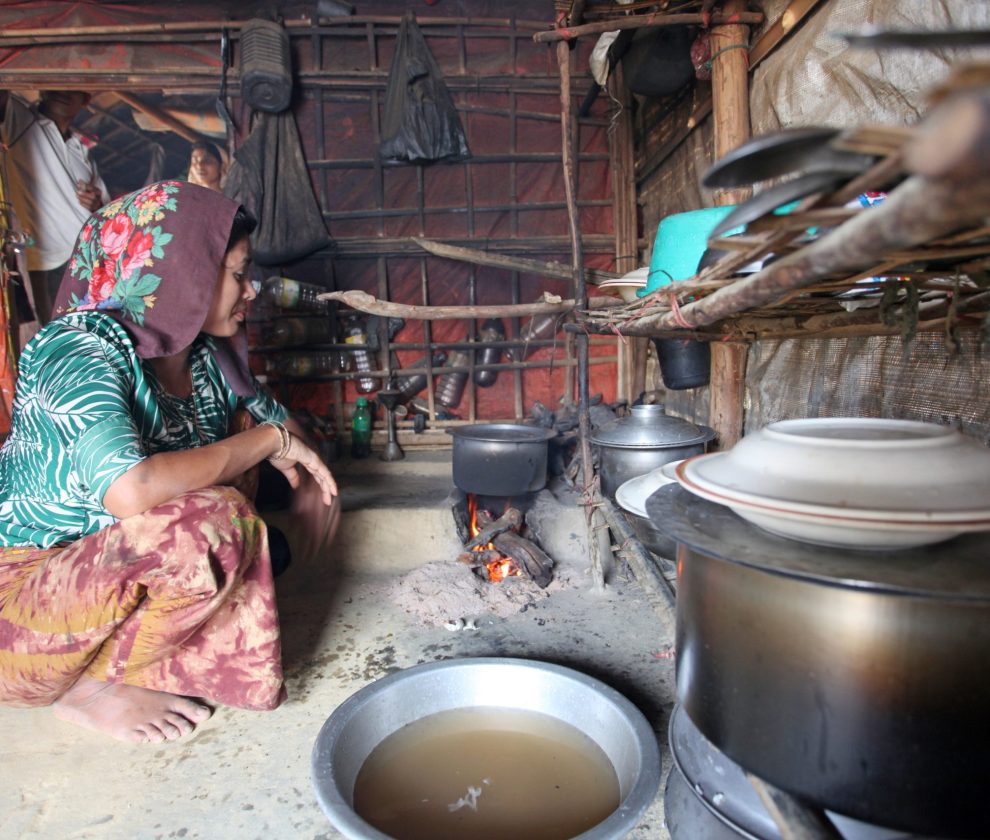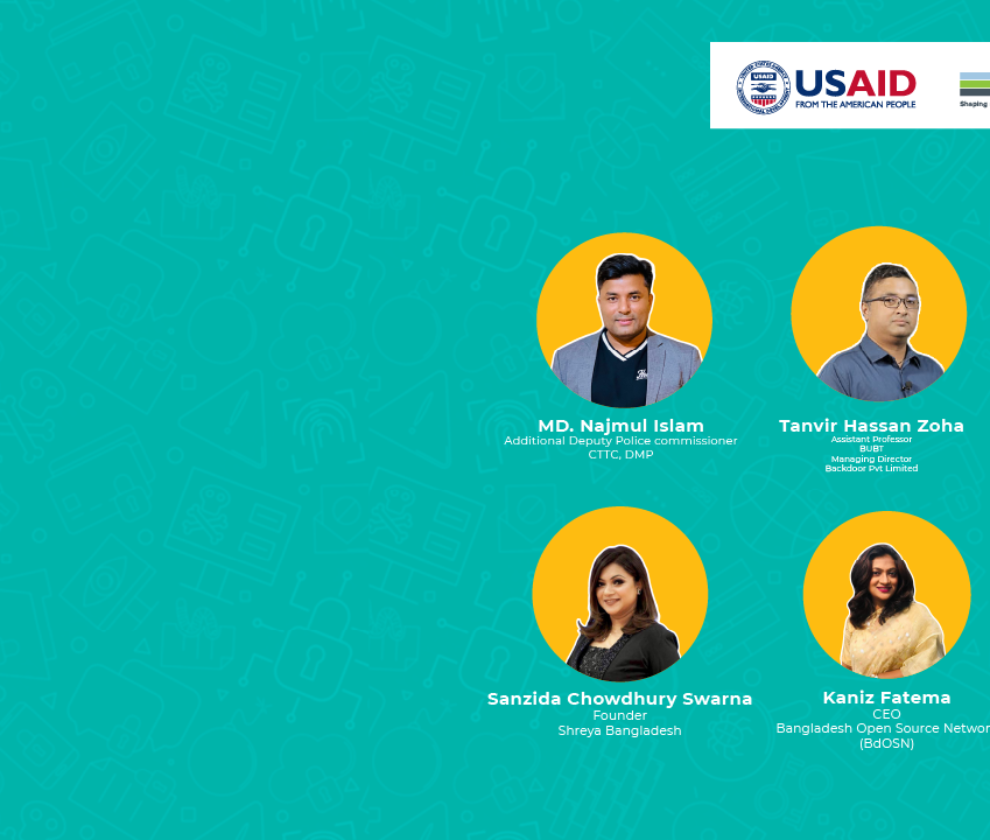Bangladesh will require an additional USD 14.8 billion in public investment between 2023 and 2030 to achieve universal WASH access. A large share of the pie is needed at the suburban level, where urbanization is accelerated, and the pressures on municipal water supply and sanitation services have surged. Traditional methods of public financing have already proven to be inadequate to address the expanding infrastructure requirements at the sub-national level due to the persisting debt burden and fiscal pressure. The challenge is expected to deepen in the coming years, as Bangladesh will undergo debt-servicing obligations following its LDC graduation. Access to soft loans and grant financing for infrastructure projects will gradually become difficult. For example, the World Bank Group is already scaling up its lending to Bangladesh in non-concessional terms by as much as three times the usual amount. As a result, securing adequate financing for small-scale water and sanitation infrastructure projects continues to pose a formidable challenge for the municipalities. Every challenge plants the seed of opportunity, much like today’s global push for innovative financing options like PPP and bold policy reforms, which have thrown open a new window to tackle the pressing challenge of WASH financing.
The Potential of Public-Private Partnerships in Small-Scale WASH Infrastructures
In the face of WASH infrastructure financing challenges at the suburban level, small-scale PPPs emerge as a promising opportunity. More than just making the headlines globally, small-scale PPP in water and sanitation has been proven to be a viable option for improved service delivery and capital allocation. These projects are more available for local financiers, giving rise to opportunities for the local financial sector with no foreign exchange risk with foreign debt for the project. In addition, small PPPs, being local in nature, are also closer to the end users, and therefore may be better designed to deliver on their needs. Till now, a rigid cap or ceiling for small-scale PPPs can not be defined. But according to practitioners long associated with the PPP landscape, projects below $50 million in terms of total project value can be considered as small-scale PPPs. Emerging and peer economies like Uganda, Kenya, India, Philippines, Indonesia, Vietnam, etc. have already embraced the concept way earlier than us, entering into arrangements for such projects with private operators in different municipal services, including water supply.
Tapping the Opportunity of Blended Financing
Blended finance provides a powerful solution to mobilize the necessary capital for water and sanitation infrastructure development, even at the municipal level. Blended finance involves the strategic use of concessional funding, often from public or philanthropic sources, alongside private sector investment to reduce risks and attract larger pools of capital. Global private capital, estimated at USD 4.5 trillion in unallocated funds, is increasingly seeking sustainable and impactful investment opportunities. However, much of this capital has yet to flow into the WASH sector, largely due to the challenges of scaling projects and creating an investment-friendly environment. By deploying concessional capital through mechanisms such as first-loss guarantees or subordinated debt, blended finance can mitigate the financial risks associated with water infrastructure projects, making them more attractive to institutional financiers who would otherwise avoid such investments. Globally, the concept is still in traction with impressive case studies. Significant examples include the Kenya Pooled Water Fund, CityTap in Niger, Upper Tana-Nairobi water fund.
Moving Towards the Solution
As we talk about the non-traditional financing schemes, policy reforms to build a business ecosystem along the value chain would be an important step before entering into these innovative financing solutions, so that every party involved secures the expected returns. Tariffs should account for the majority of revenue from water, which then can be reinvested in the system to cover operating, maintenance, and network development costs. It is high time that municipalities explored sustainable tariff options such as a Single unit price per m3 with a fixed base charge, an Increasing Block Tariff (IBT), and many other options, customized according to users’ affordability, rather than the flat tariff based on pipe diameter, an outdated and ineffective method considering the business model of the water infrastructures. Additionally, municipalities must focus on developing a robust pipeline of investable projects, with clear, well-prepared project proposals that can attract both domestic and international investment. Fortunately, global TA assistance grants for capacity building and designing “bankable” projects are now on the table to supplement this transition.
Currently, advocacies for small-scale PPPs and reformations in water tariffs have been initiated on a limited scale. Alongside the government’s efforts to streamline the investment acquisition and mobilization process through initiatives like the Bangladesh Investment Development Authority (BIDA) and the Public-Private Partnership Authority, steps are in the right direction, but further regulatory clarity is needed to fully unlock the potential of blended finance. As we move forward, strategies should be identified and implemented on a broader scale to simplify and reduce the complexity of the feasibility assessment process, which is often a barrier to investment in such projects.
Inspira’s Role in Enhancing Municipal Capacity for Small-Scale Water Infrastructure Projects
Inspira Advisory & Consulting Limited (Inspira) has recently begun work with the Bangladesh Municipal Development Fund (BMDF) to improve the capacity of urban local bodies (ULBs) in designing and implementing small-scale water infrastructure projects. As part of this initiative, Inspira is conducting a comprehensive comparative assessment of key municipalities across Bangladesh to identify their water and sanitation infrastructure gaps, assess their vulnerability to climate risks, and evaluate their financial readiness to implement such projects.
This comparative assessment leverages detailed technical parameters and indicators, such as water source availability, financial health, and climate vulnerability, to help municipalities prioritize the most urgent and feasible water projects. Through this process, Inspira is helping municipalities understand their strengths and challenges, allowing them to focus on projects that are not only needed but also financially viable and capable of attracting investment.
Additionally, Inspira is working to strengthen the financial and technical capacity of these municipalities, ensuring they are prepared to engage in public-private partnerships (PPPs) for project development. By improving their ability to present bankable projects and structuring them in a way that appeals to private investors, Inspira is helping municipalities unlock funding opportunities that can lead to sustainable water and sanitation solutions for their communities.
References:
- SKS Foundation and UNICEF (2024). “Financing SDG 6: A WASH Investment Strategy for Bangladesh” – simulation estimates of required public investment under current exchange rate and pricing.
- 20 March 2024, Unravelling Small-scale PPPs — By Jyoti Bisbey, Ziad Alexandre Hayek, and Roopa Nair Publication, WAPPP
- A PRELIMINARY REVIEW OF TRENDS IN SMALL-SCALE PUBLIC-PRIVATE PARTNERSHIP PROJECTS, World Bank Group
- Mobilising Capital for Water: Blended Finance Solutions to Scale Investment in Emerging Markets, Blended Finance Task Force.
- PPP newsletter, A Quarterly Publication of Public Private Partnership Authority, October – December 2024
This article was authored by Khan Jinan Ferdous, Project Manager at Inspira Advisory & Consulting Limited. To contact the author please reach to mysha.ferdous@inspira-bd.com.




